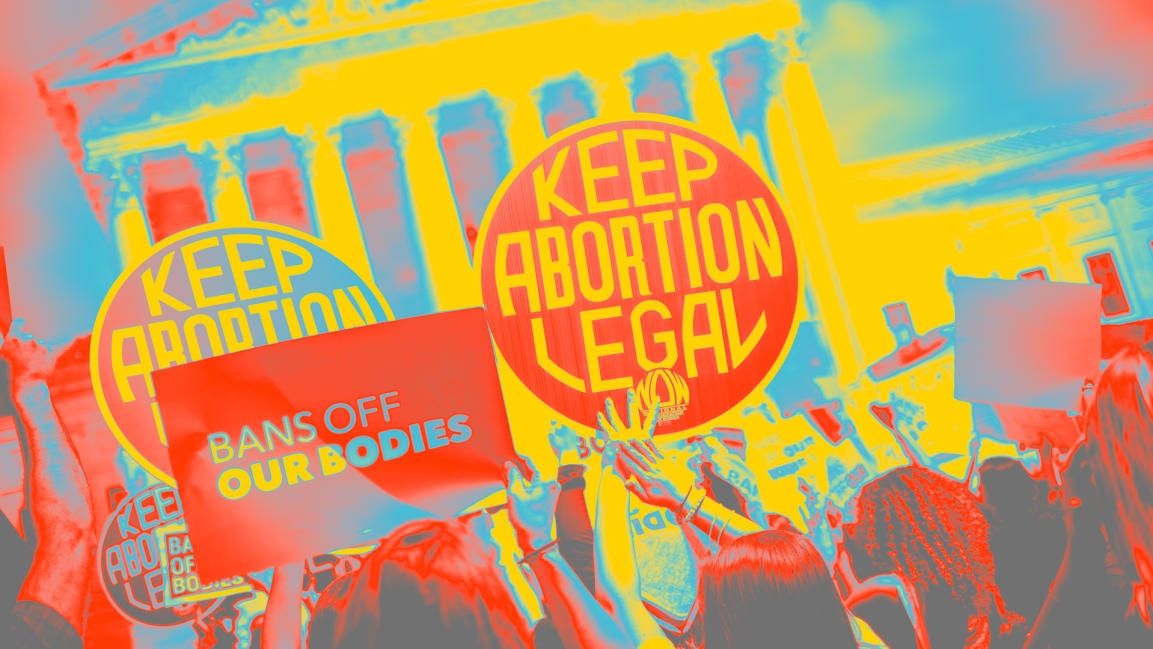How Planned Parenthood is fighting for abortion access in Michigan
If the forthcoming SCOTUS decision overturns Roe v. Wade, more than half of the states across the U.S. are poised to outlaw abortion or further curtail access to care. One of those states is Michigan, where a 1931 law that banned all abortions—making an exception only in cases of life endangerment—could be enforced once again if Roe falls.
As part of our recent package on the business case for abortion access, Fast Company visited a Planned Parenthood clinic in Ann Arbor, Michigan, where providers are bracing for the Court’s final ruling following a leaked draft opinion. For providers like Sarah Wallett, chief medical officer at Planned Parenthood of Michigan, it’s hard to imagine the fallout from the SCOTUS decision. “If Roe is overturned, it will be really challenging personally,” Wallett told Fast Company. “I don’t know what the future would hold for me. But I’m less worried about me and I’m much more worried about all of the people who I could have helped. That’s what keeps me up at night.”
In Michigan, much like other states that limit access to abortion care, providers and patients are forced to comply with a litany of restrictions. Patients are required to wait 24 hours, for example, between receiving mandatory counseling on abortion care and undergoing the actual procedure, which can present significant hurdles to those traveling long distances. The state of Michigan also restricts coverage of abortion care for both private insurers and health plans offered through the state exchange, forcing many people to pay out of pocket. Beyond the burden on patients, these restrictions make it more difficult for providers to do their jobs. “Following all of the restrictions around abortion care is a lot of work,” Wallett said.
Planned Parenthood and other advocates in Michigan have already taken several steps to preserve abortion access in the event that Roe is overturned. In April, Wallett and Planned Parenthood filed a lawsuit to preemptively halt enforcement of the 1931 law and push for the state to enshrine abortion rights in its constitution. A state court recently granted an injunction that will block enforcement for the time being, until Planned Parenthood’s lawsuit is resolved, and Attorney General Dana Nessel has said she won’t enforce the law. Planned Parenthood is also involved with a campaign underway to get a constitutional amendment on the ballot this November, which would secure the rights of Michigan residents to abortion and other reproductive healthcare like birth control.
Whatever happens, Planned Parenthood has no intention of backing down or closing its doors. “We’re working hard to figure out what we can continue to do for our patients,” Wallett says. “We know that even if abortion is illegal in Michigan, patients will still need family planning care. They’ll still need birth control. They’ll still need testing for sexually transmitted infections.”
Watch the full video to hear from Wallett and other advocates who are focused on protecting abortion access in Michigan.
Fast Company , Read Full Story
(28)



